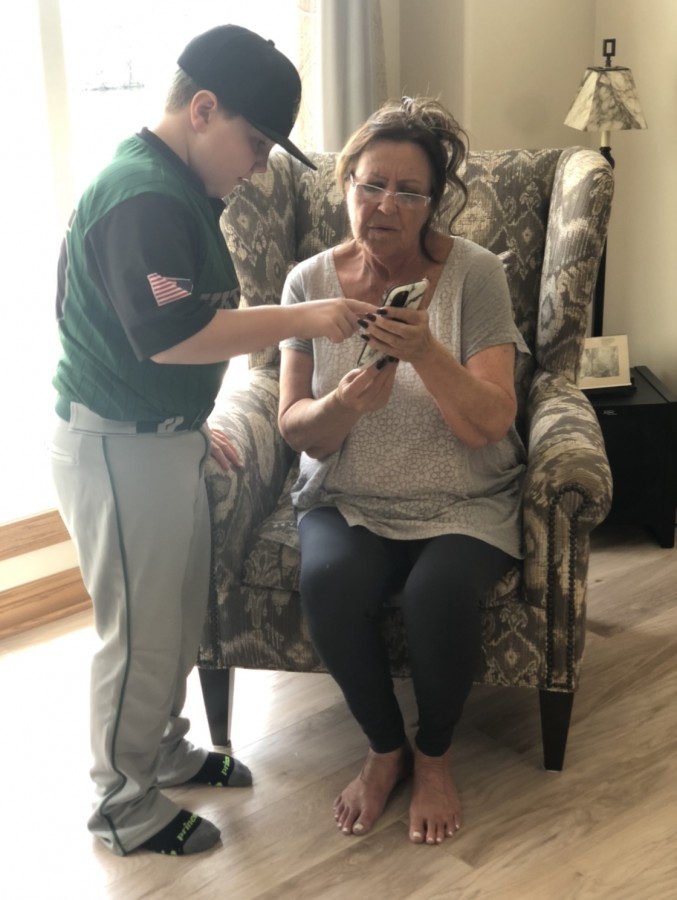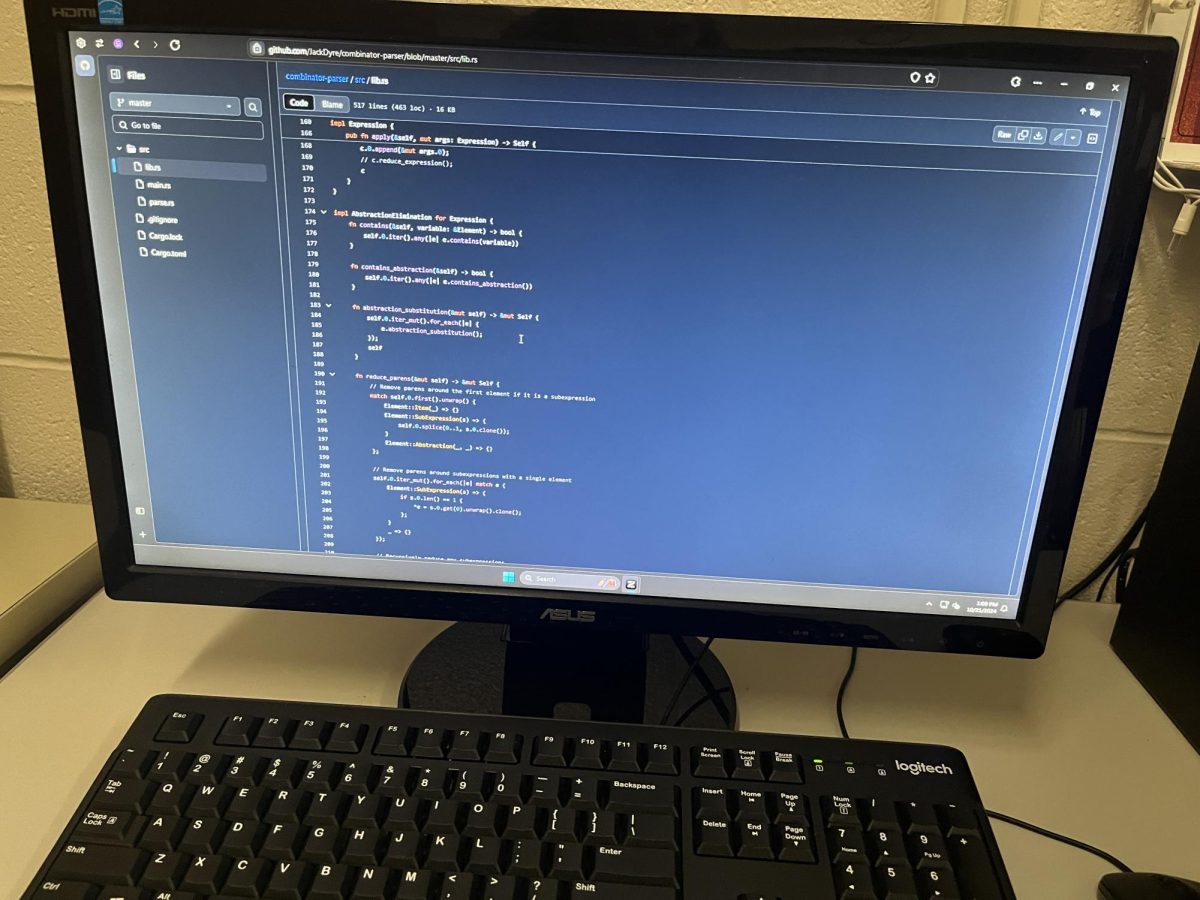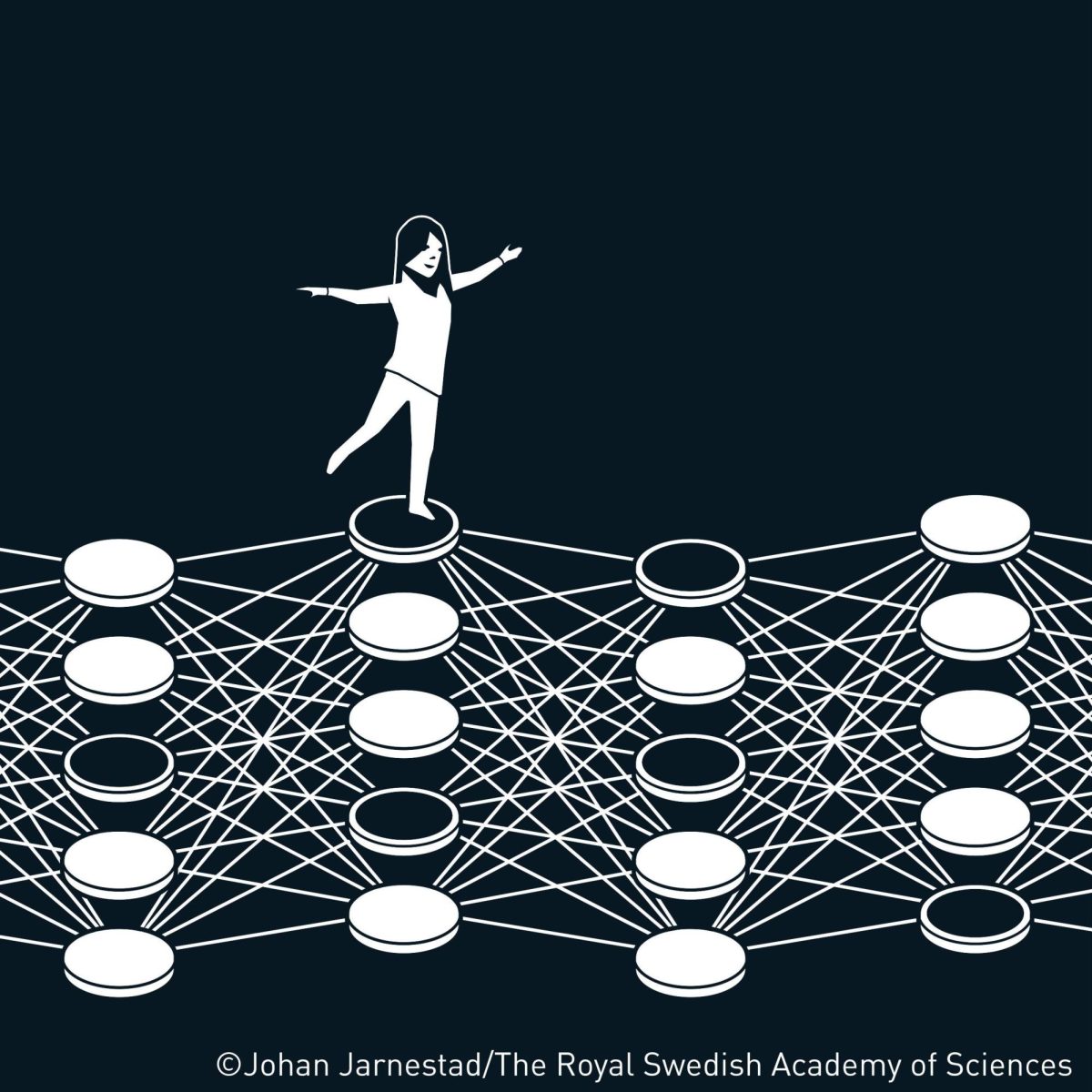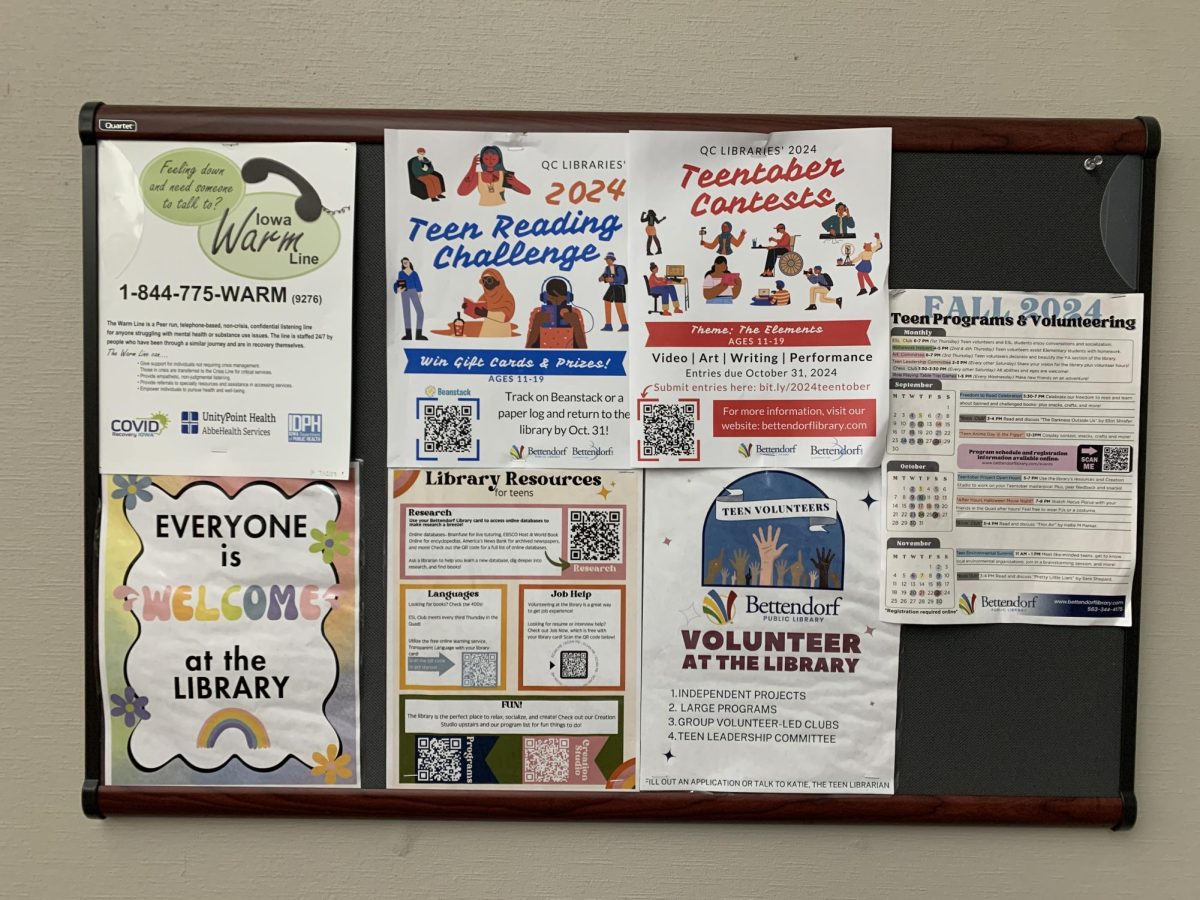Fewer than 50 years ago, the world was based on service. People paid for services that in today’s world society would expect people to complete themselves, for example, full-service gas stations, beauty salons and travel agents.
As time marches on, society has moved to a technology-based world. In this transition, the older generation has been left behind, with little support to adapt from the service world to a self-service world. A driving force of this change is the development of technology.
People now have information at their fingertips through cell phones and the internet. Advances in technology, along with society’s increasing comfort level in using it for everyday tasks, has driven out the need for many service jobs. Therefore creating a “do it yourself society.”
This proves to be catastrophic when a pandemic comes along.
A new causation of a technology world is the COVID–19 pandemic. Face-to-face contact with baby boomers has been limited due to health concerns. To cope with this issue, technology has replaced a vast majority of face-to-face contact to limit exposure. But this change came with the assumption that every person has the technology skills to match.
Learning about Zoom, Facetime and other video conferencing apps is just the beginning of technology dependence created during the pandemic.
An example of technology dependence due to COVID–19 is vaccine sign up. To be one of the first people to receive the vaccine, people had to navigate through the facebook and Scott County health department website to sign up. For people who lack technology skills navigating through many websites can be difficult.
Often an online form needs to be filled out to sign up for a vaccine appointment. Kimberly Alman, an English teacher at PV is frustrated due to the complications of the online form. “I had to fill the vaccine form for my parents. People did not consider that fact that some are just not capable of using a computer when creating the form. It is almost a free for all for people trying to get their shot. It is very frustrating,” stated Alman.
But Alman’s frustrations with technology didn’t end with vaccine registration. As a teacher, she was also thrust into the world of online education with little time to learn or prepare.“Online teaching in the spring was a challenge. It was a new format of learning and it pushed my technology skills,” expressed Alman.
Many people that are technology savvy have been forced to step up for people that just do not have the skills. This outside help can come with social judgment. In society people can almost look down at others who are just not as comfortable with technology. This can create shame in older generations. People who lack technology skills sometimes do not reach out for help for fear of what others may think of them.
Ken Kaul, 75, experiences trouble with technology in his daily life. “I tend to struggle with my phone. It has gotten a little too high tech for me. I just try to figure it out by myself,” said Kaul.
Not only can older people be experiencing shame about their lack of technological knowledge, but they can also be missing out on important information. Social media is a driving force of communication these days. But a section of the world’s population is not on social media, causing a lack of intergenerational communication.
Society is constantly changing, and nothing is going to stop that. The younger generation will age and will find themselves in their grandparents’ shoes. They may wake up to a society where they do not understand something that just comes naturally to people who are younger.
The technological divide between generations can have long lasting effects. The older generations that need help with technology can be left behind in a pandemic world. Younger generations can become frustrated with helping grandparents. As time goes on, it is important to look out for the older generation and help with technology use.










